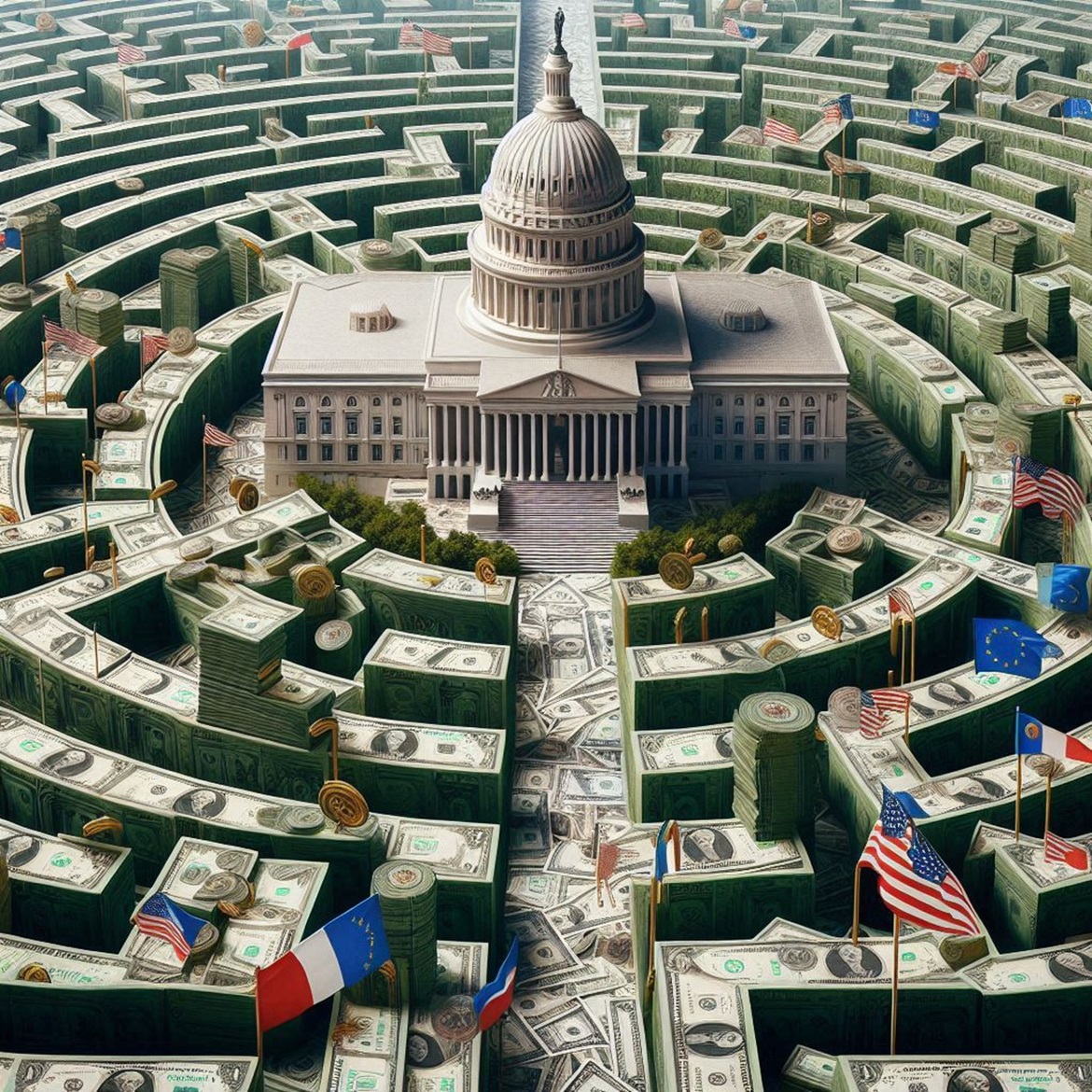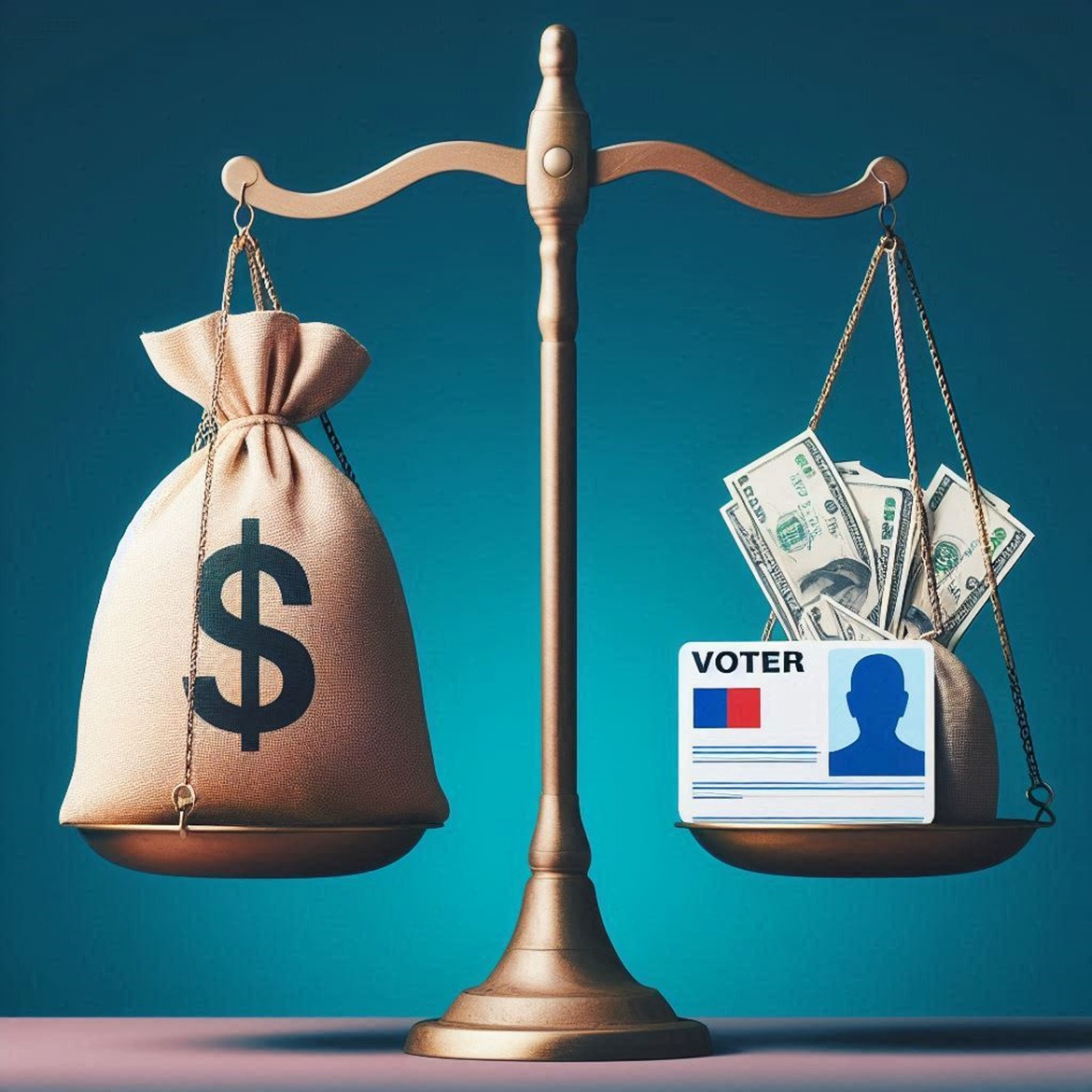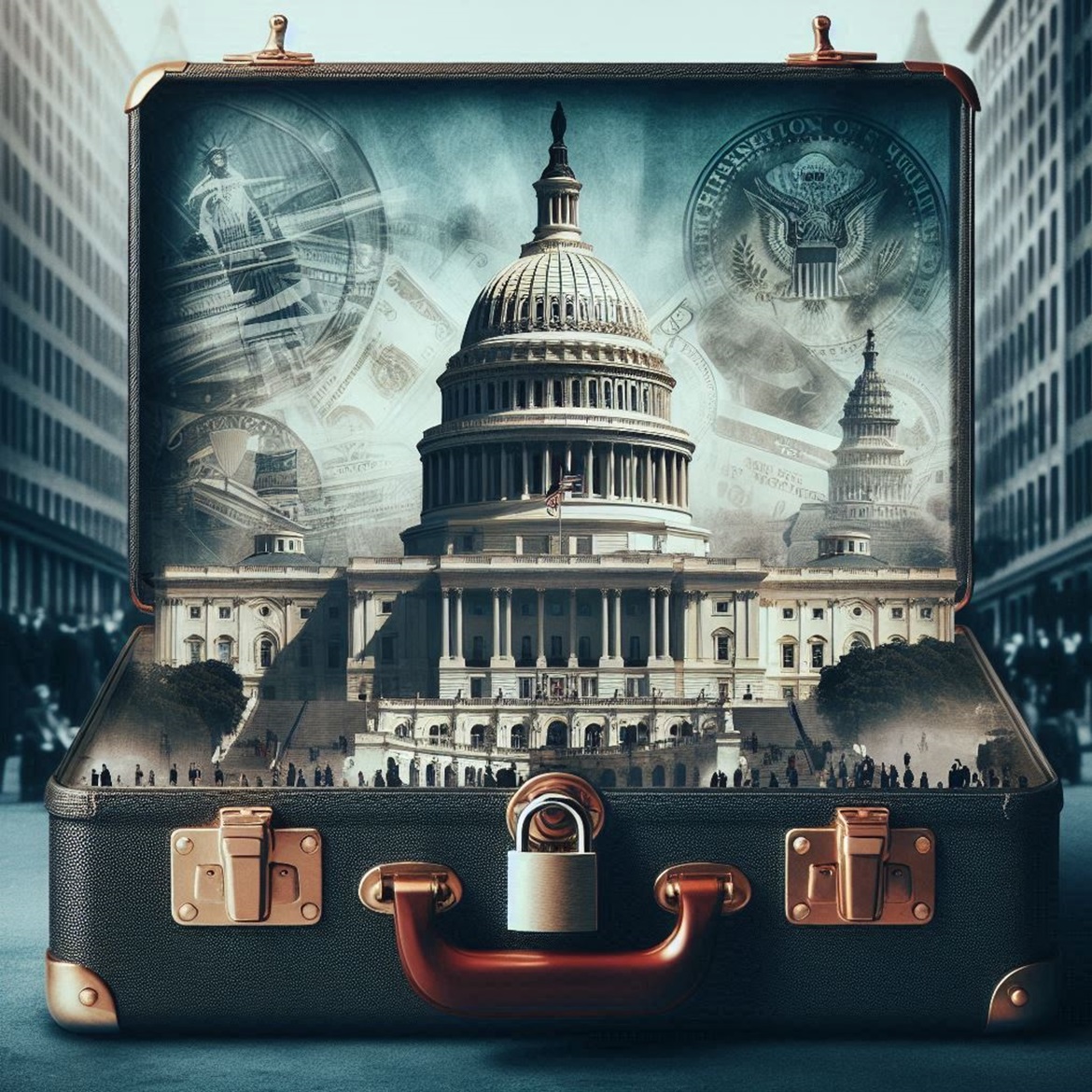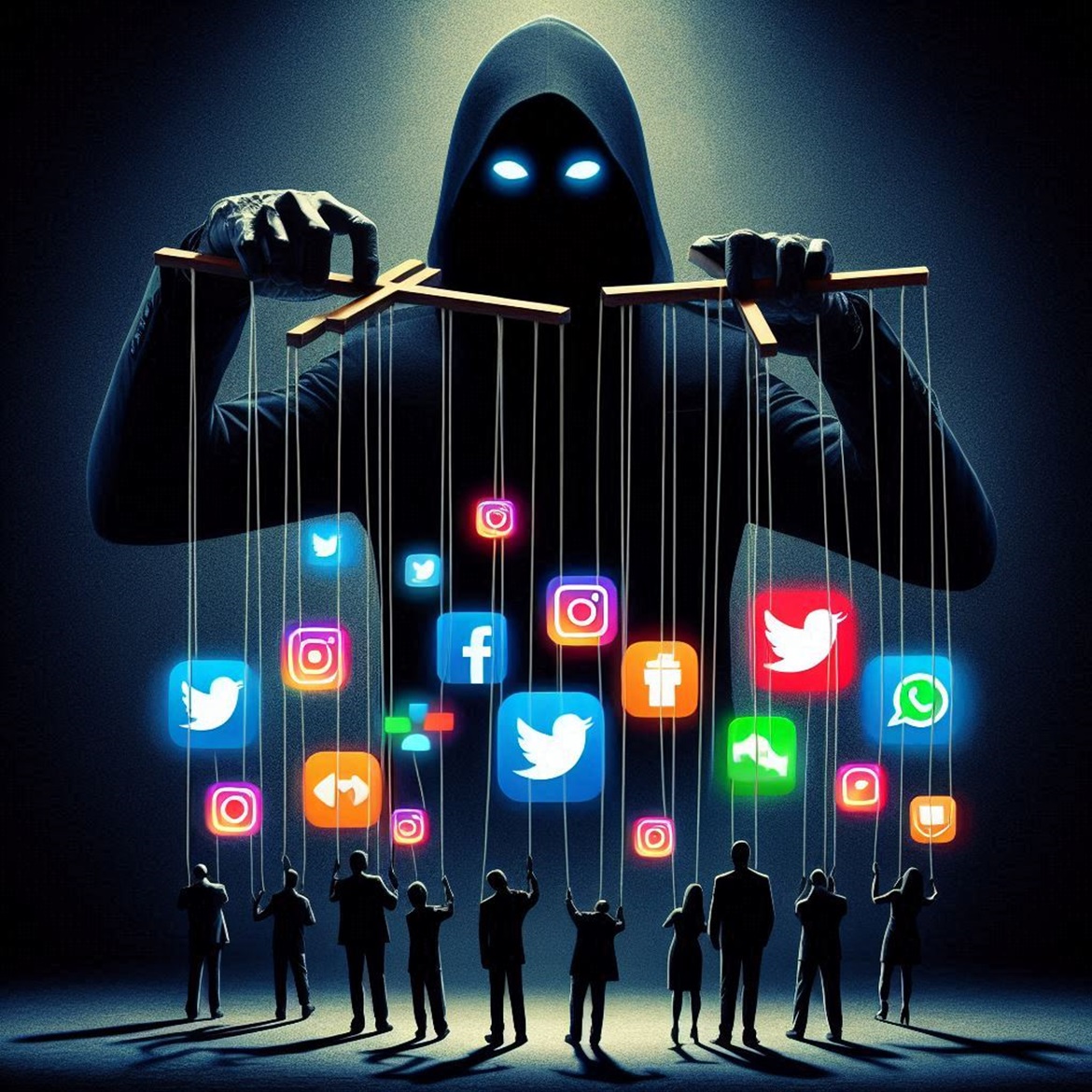Major corporations and wealthy elites have an undeniable influence over government policy. This influence shapes the world we live in, from the laws we follow to the everyday products we use. When you start looking closely, the signs are everywhere.
The Power of Money
Money is a powerful tool. For major corporations and wealthy individuals, it opens doors and creates opportunities that are often out of reach for the average person. This is especially true when it comes to politics and government policy. Campaign contributions are one of the most visible ways that money influences politics. During election seasons, you see billions of dollars flowing into the coffers of politicians. This money isn’t given out of charity; it’s an investment.
When a corporation or a wealthy individual donates to a political campaign, they are buying access. They are ensuring that their voices are heard, and their interests are protected. Politicians, aware of who funds their campaigns, often prioritize the needs and desires of their benefactors over those of their constituents.
Lobbying: The Legal Influence Machine
Lobbying is another significant way that major corporations and wealthy elites exert their influence. Lobbyists are professional advocates who work to persuade lawmakers to enact or block legislation. They often have direct access to politicians and can provide them with information, research, and arguments that support their clients’ interests.
In many cases, lobbyists are former politicians or government officials who use their connections and insider knowledge to sway policy decisions. The result is a revolving door between the private sector and the government, where individuals move back and forth, ensuring that corporate interests are always well-represented in government.
Regulatory Capture
Regulatory capture occurs when regulatory agencies, which are supposed to oversee and regulate industries to protect the public interest, are dominated by the very industries they are meant to regulate. This happens when corporations exert their influence by placing their own executives or allies in key regulatory positions.
When regulators are in the pockets of the industries they oversee, they are less likely to enforce rules and regulations that could harm corporate profits. Instead, they may turn a blind eye to violations or even help craft regulations that benefit the industry at the expense of the public.
The Media Connection
The media plays a crucial role in shaping public opinion and influencing policy. Major corporations and wealthy elites often control large segments of the media, using it to promote their interests and shape the narrative around key issues.
When media outlets are owned or heavily influenced by corporate interests, they may downplay or ignore stories that could harm those interests. Conversely, they may give extensive coverage to issues that benefit their owners. This control over the media allows corporations and elites to shape public perception and, by extension, influence government policy.
Think Tanks and Research Institutions
Think tanks and research institutions are another way that major corporations and wealthy elites influence government policy. These organizations conduct research and produce reports that often support the interests of their funders. They then use this research to lobby for policy changes and sway public opinion.
Many think tanks are funded by corporations and wealthy individuals who have a vested interest in the policies being promoted. As a result, the research and recommendations they produce can be biased, reflecting the desires of their funders rather than objective analysis.
Case Studies
Several high-profile cases highlight the influence of corporations and wealthy elites on government policy. One notable example is the pharmaceutical industry. Over the years, pharmaceutical companies have spent billions on lobbying and campaign contributions to influence drug policy and regulation. This influence has led to policies that benefit the industry, such as extended patent protections and favorable drug pricing regulations, often at the expense of consumers.
Another example is the financial industry. Major banks and financial institutions have a long history of lobbying for deregulation. Their efforts have often paid off, resulting in policies that favor the financial sector, sometimes with devastating consequences for the broader economy, as seen during the 2008 financial crisis.
The Consequences
The influence of major corporations and wealthy elites over government policy has far-reaching consequences. It can lead to policies that prioritize corporate profits over public well-being, resulting in environmental degradation, economic inequality, and a weakened democracy.
When corporations and elites have too much power, the interests of ordinary citizens are typically sidelined. This can erode trust in government and political institutions, as people feel that their voices are not being heard and their needs are not being met.
What Can Be Done?
Addressing the influence of major corporations and wealthy elites over government policy is a complex challenge, but there are steps that can be taken to mitigate this influence:
- Campaign Finance Reform: Implementing stricter campaign finance laws can reduce the amount of money flowing into political campaigns and limit the influence of wealthy donors.
- Lobbying Regulation: Strengthening lobbying regulations and increasing transparency can help ensure that lobbying activities are conducted ethically and in the public interest.
- Promoting Media Independence: Supporting independent media outlets and encouraging diverse ownership can help reduce corporate control over the media and ensure a more balanced presentation of news and issues.
- Strengthening Regulatory Agencies: Ensuring that regulatory agencies are independent and adequately funded can help prevent regulatory capture and ensure that they are able to effectively oversee the industries they regulate.
- Supporting Public Interest Research: Funding independent research institutions and think tanks that prioritize the public interest can provide a counterbalance to corporate-funded research and promote policies that benefit society as a whole.
Conclusion
The influence of major corporations and wealthy elites over government policy is a significant issue that affects us all. By understanding how this influence operates and taking steps to address it, we can work towards a more equitable and democratic society. It’s crucial for citizens to stay informed, engaged, and vigilant to ensure that their voices are heard, and their interests are protected.




